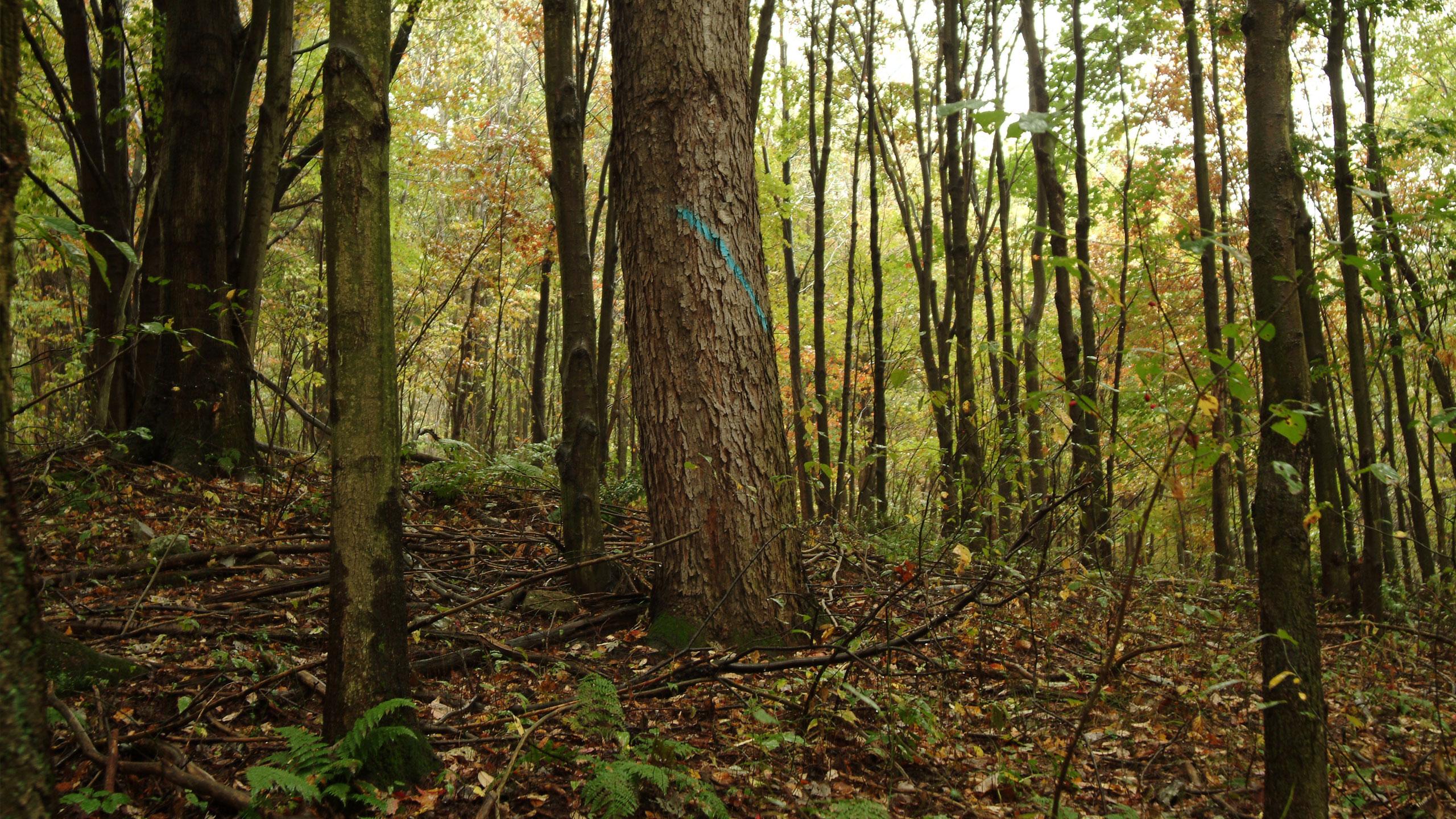
Home > Legality
LEGALITY
A key priority for AHEC is ensuring that neither the value nor the reputation of legally harvested American hardwood is undermined in world markets by competing products from illicit sources. We support legislation prohibiting trade in illegally harvested timber and provide tools to demonstrate negligible risk of any U.S. hardwood being derived from an illegal source.
INDEPENDENT STUDIES
The Assessment of Lawful Harvesting & Sustainability of U.S. Hardwood Exports commissioned by AHEC from Seneca Creek Associates compiles detailed information on the scope, effectiveness and enforcement of federal, state, and local regulatory programs in U.S. hardwood producing states
The Seneca Creek study shows that there is less than a 1% risk of any illegal wood entering the U.S. hardwood supply chain. This is due to the combined effects of clear and fully enforced property rights, multi-generational family forest ownership, respect for the rule of law, and a strong civil society. AHEC commissioned a review of the Seneca Creek study in 2016 to ensure the conclusions remain relevant and up-to-date.
LEGISLATION
AHEC was a leading supporter, through membership of the U.S. Hardwood Federation, of the U.S. Lacey Act Amendment of May 2008. This makes it an offence within the U.S. to possess any plant (excluding agricultural crops but including wood and derivative products) “taken, possessed, transported, or sold” in violation of any relevant foreign or state law.
AHEC has also been closely involved with, and fully supports, the efforts by the European Union to enforce the EU Timber Regulation (EUTR) from 3 March 2013. This regulation imposes mandatory requirements on companies that “first place” forest products on the EU market to implement a “due diligence system” to assess and mitigate the risk of illegal wood entering the supply chain. Similar laws are now being enforced in Australia, Indonesia, Malaysia, and Norway and are being considered for adoption in several other countries including Japan and South Korea.
TOOLS
To help buyers of U.S. hardwood to comply with EUTR and similar laws, AHEC has developed an online system to allow U.S. hardwood exporters to create an American Hardwood Environmental Profile (AHEP) with every individual consignment of product delivered to any market in the world.
Each AHEP aligns to the requirements of the EUTR and closely follows the EU Guidance Document for the EU Timber Regulation. The AHEP provides, for every consignment, access to information on the name of the U.S. supplier, product description, quantity of wood, commercial and scientific species name, place of harvest, and documents demonstrating negligible risk of illegal harvest alongside other environmental impact data.
While laws like EUTR place the due diligence obligation firmly on the importer, AHEC has also prepared Members Guidance on the EU Timber Regulation and Guidance on the Australian Illegal Logging Prohibition Act to ensure that U.S. hardwood exporters are fully briefed on the legal obligations and therefore better able to assist their overseas customers.